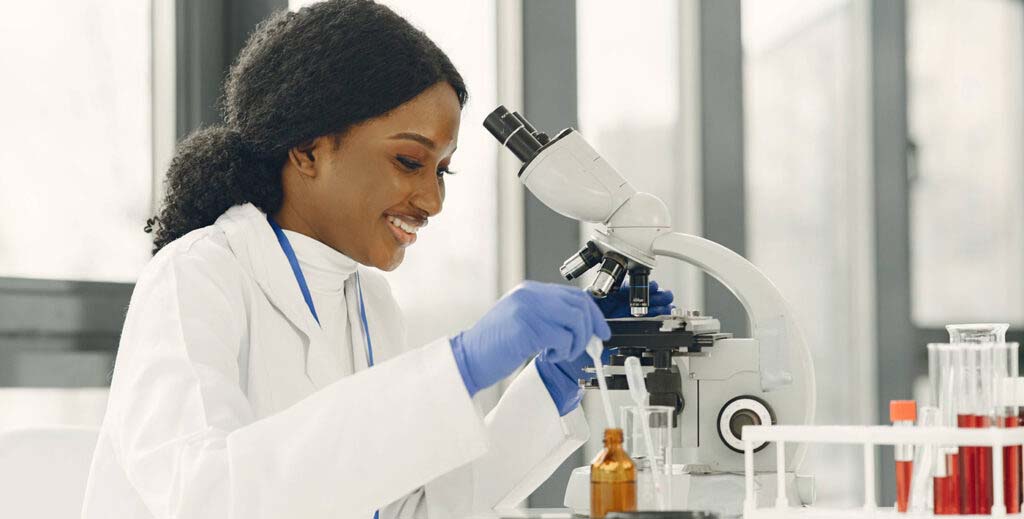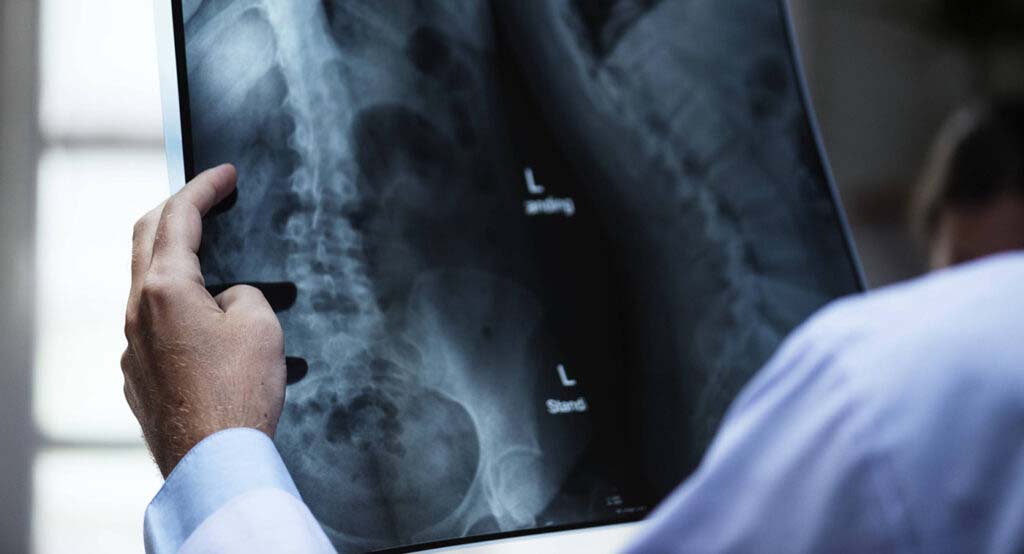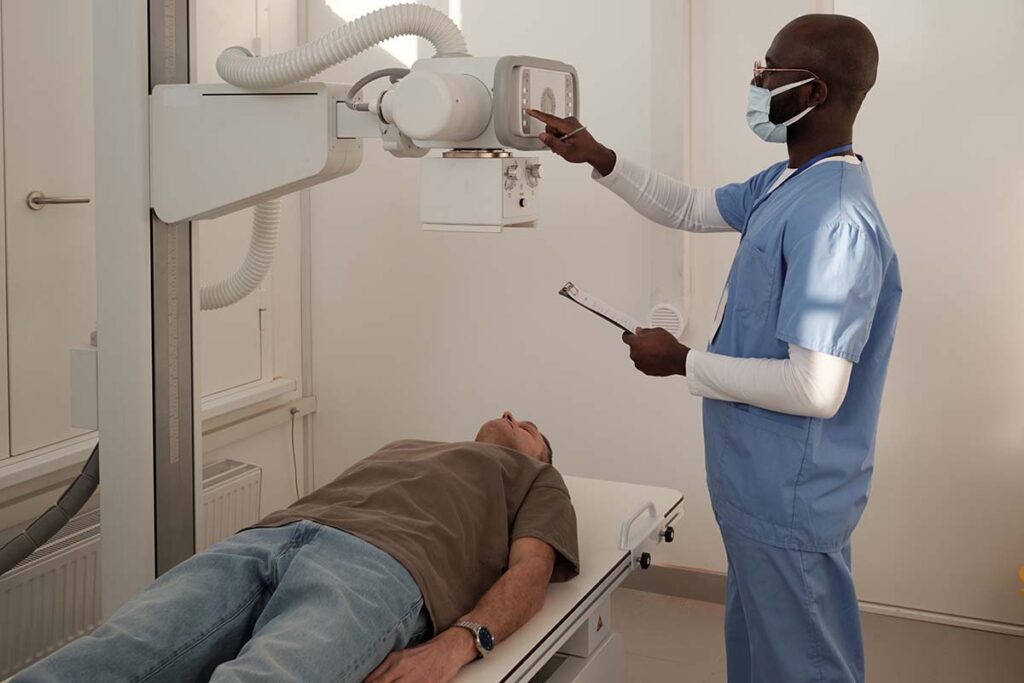
Unlock the Power of Preventive Healthcare: A Guide to Essential Health Screenings
Health screenings are the foundation of preventive healthcare, empowering you to take control of your well-being. These vital tests detect potential health issues before they become severe, allowing for early intervention and treatment. In this comprehensive guide, we’ll break down common health screenings, explaining their purpose and significance in simple terms.
Complete Blood Count (CBC): Your Body’s Health Report Card
A CBC measures various blood components, including red and white blood cells, and platelets. This crucial test reveals infections, anemia, and even signs of certain cancers, making it a vital indicator of overall health.
Blood Glucose Tests: The Sugar Tracker
Random and fasting blood glucose tests detect diabetes by monitoring your bloodstream’s “traffic” of glucose. High levels can lead to severe complications like nerve damage and cardiovascular issues.
HbA1c Test: The Long-Term Glucose Gauge
This test measures your average blood sugar levels over 2-3 months, providing a “weather forecast” of your glucose control. Consistently high levels indicate poor blood sugar management, putting you at risk for diabetes-related complications.
Lipid or Cholesterol Profile: The Heart Health Monitor
A lipid profile checks your cholesterol levels, including HDL, LDL, and triglycerides. Maintaining healthy levels is crucial for a healthy heart and preventing cardiovascular problems.
By understanding these essential health screenings, you’ll be empowered to take proactive steps towards a healthier life. Remember, preventive healthcare is key to detecting potential issues early, ensuring timely intervention and treatment.

Erythrocyte Sedimentation Rate (ESR): The Inflammation Detective
The ESR test measures how quickly red blood cells settle at the bottom of a test tube. Fast sedimentation can indicate inflammation in the body. This test acts like a smoke detector, alerting you to underlying inflammation that might need further investigation, which could be a sign of conditions like autoimmune diseases, infections, or cancer.
Kidney Function Tests: The Body’s Filtration Check
Kidney function tests, such as creatinine and blood urea nitrogen (BUN), assess how well your kidneys are filtering waste from your blood. Your kidneys are like a coffee filter; if they’re not working properly, toxins can build up in your body, potentially leading to chronic kidney disease, high blood pressure, anemia, and nerve damage.
Liver Function Tests: The Detox Department’s Report
Liver function tests measure enzymes and proteins in your blood that indicate how well your liver is working. Your liver is your body’s detox department, processing everything you consume. If it’s not functioning properly, toxins can accumulate, leading to liver disease, hepatitis, or cirrhosis, which can result in jaundice, bleeding disorders, and liver failure.
Thyroid Screen: The Metabolism Manager
A thyroid screen checks your thyroid hormone levels to ensure your thyroid gland is functioning properly. Your thyroid is like your body’s thermostat, regulating your metabolism. An imbalance can cause issues like weight gain, fatigue, and mood swings. If left untreated, thyroid imbalances can lead to conditions like hypothyroidism or hyperthyroidism, affecting your energy levels and overall health.

Bone Mineral Status: The Bone Strength Indicator
A bone mineral density test measures the strength of your bones, detecting conditions like osteoporosis. Imagine your bones as the framework of a building; strong bones keep the structure solid, while weak bones can lead to fractures and other issues. Low bone density increases the risk of fractures and osteoporosis, impacting your mobility and overall quality of life.
Basic Immunology: The Immune System Check
Basic immunology tests evaluate your immune system’s response to infections and diseases. Your immune system is your body’s defense team, and these tests ensure it’s ready to fight off invaders. A weak immune response can leave you vulnerable to infections and diseases, compromising your overall health and resilience.
Hepatitis B Screening: The Liver Protector
Hepatitis B screening checks for the Hepatitis B virus, which can cause serious liver damage. Early detection is crucial for preventing liver disease and ensuring proper treatment. A positive result can lead to chronic hepatitis B infection, increasing the risk of liver cirrhosis and liver cancer.
Urinalysis: The Urinary System’s Status Report
A urinalysis examines your urine for signs of kidney disease, diabetes, and urinary tract infections. Think of it as a maintenance check for your urinary system, ensuring everything is functioning smoothly. Abnormal results can indicate infections, kidney disease, or diabetes, requiring further investigation and management.
Stool Occult Blood Test: The Digestive Health Detective
This test checks for hidden blood in your stool, which can indicate issues like colon cancer or gastrointestinal problems. It’s like a detective looking for clues that might indicate a deeper issue. Hidden blood in stool can signify colon cancer, requiring immediate follow-up and treatment.
Chest X-Ray: The Lung and Heart Snapshot
A chest X-ray provides images of your lungs and heart, helping detect conditions like pneumonia, lung cancer, and heart problems. It’s a quick and painless way to get a clear picture of your chest’s health. Abnormal results can indicate infections, lung disease, or heart problems, necessitating further investigation and treatment.
Electrocardiogram (ECG): The Heartbeat Monitor
An ECG records the electrical activity of your heart, detecting irregularities like arrhythmias and signs of heart disease. It’s like a recording of your heart’s rhythm, ensuring it’s beating properly. Irregularities in ECG can signal heart disease or arrhythmias, leading to an increased risk of heart failure or stroke.
Prostate Cancer Screening: The Prostate Health Protector
Prostate cancer screening, including the PSA test, helps detect prostate cancer early. Early detection is key for effective treatment and can significantly improve outcomes. Elevated PSA levels can indicate prostate cancer, requiring further tests and potential treatment.
Pap Smear: The Cervical Health Guardian
A Pap smear tests for abnormal cells in the cervix that could indicate cervical cancer or precancerous conditions. It’s like a security check for your cervix, ensuring everything is as it should be. Early detection of abnormal cells can prevent cervical cancer, making this test crucial for women’s health.
Pelvic Ultrasound: The Reproductive System’s Lookout
A pelvic ultrasound provides images of the reproductive organs, helping detect conditions like ovarian cysts, fibroids, and other abnormalities. Think of it as a window into your reproductive health, offering insights that can guide treatment and prevent complications. Detecting issues early can prevent infertility, chronic pain, and other reproductive health problems.
Mammogram or Breast Ultrasound: The Breast Health Protector
A mammogram or breast ultrasound checks for lumps or abnormalities in the breast tissue, which can indicate breast cancer. This screening is like a safety net, catching potential issues before they develop into more serious problems. Early detection of breast cancer significantly improves the chances of successful treatment and recovery.

Understanding and regularly undergoing these essential health screenings can make a significant difference in maintaining your overall health. Just like regular maintenance keeps your car running smoothly, they provide valuable insights into how your body is functioning, allowing for early detection and treatment of potential issues. Remember, staying informed and proactive about your health is the best way to ensure a healthier future. Schedule your health screenings.



